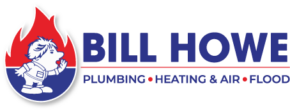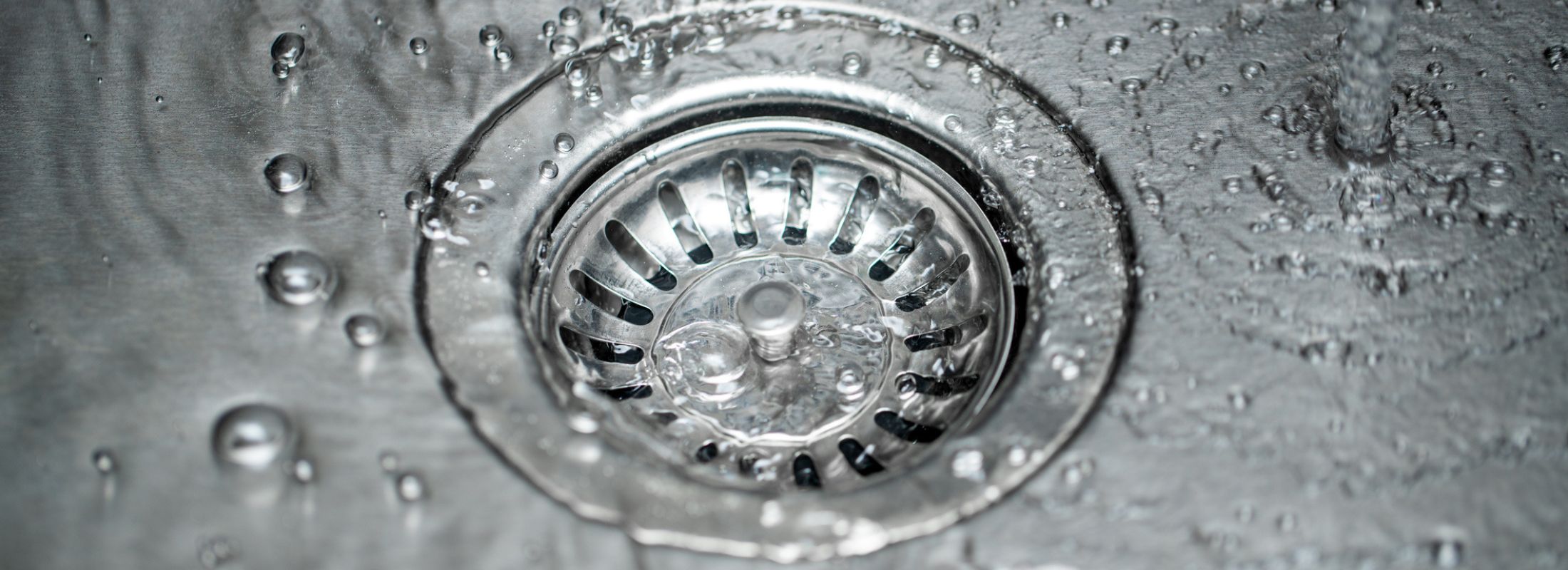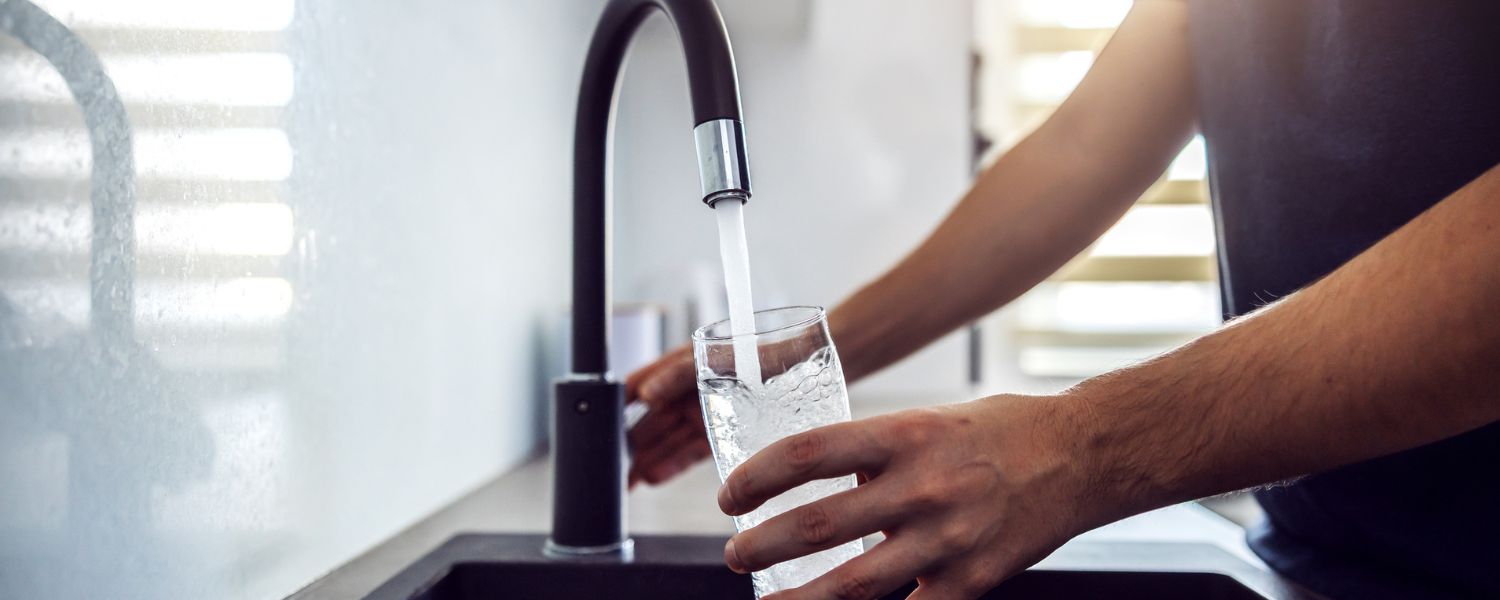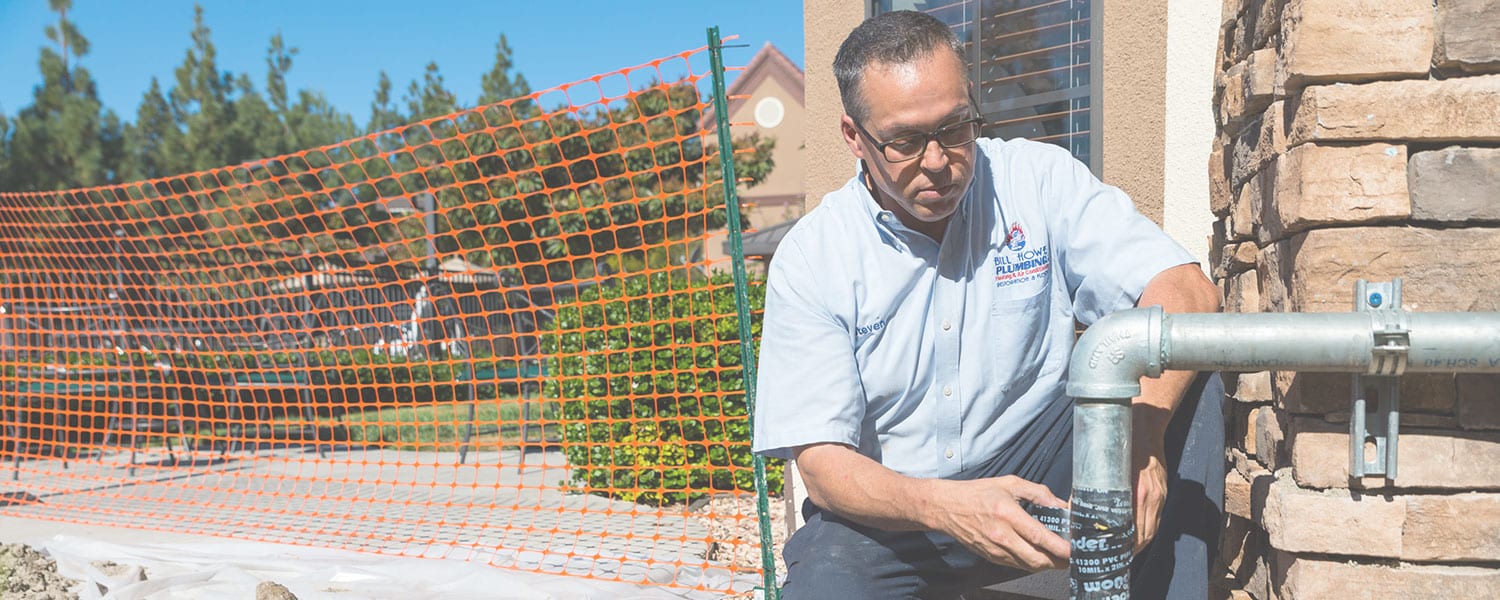Discover the steps you can take to prevent a gas leak in your home including updated appliances, carbon monoxide alarms and more!
Gas leaks are dangerous, posing safety and health hazards to homeowners. There are steps to take in the event that you discover a leak, as well as steps to prevent leaks from occurring or catching them before they pose a danger to your family or home. The best method of preventing gas leaks is to ensure all gas appliances are operating safely, correctly, and efficiently.
Gas Appliance Safety
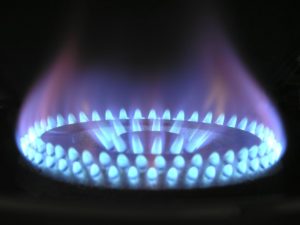
Homeowners should never store flammable or combustible products near gas appliances like water heaters and/or furnaces or cover venting or registers to prevent blocking the airflow.
Many homes have the water heater located inside the garage. Homeowners should be cautious of what they store in the garage with the water heater. If leaks develop, combustible products could be in danger of exploding. Flammable items include aerosol cans, cleaning supplies, solvents, paint, old rags to name a few. All of these items can often be found in garages BUT CAN BE DANGEROUS. Garages should be well vented, and any products that must be stored in the garage with a water heater should be placed as far from the water heater as possible.
Homeowners should also be sure to not block gas appliances. Water heaters should be kept clear of items and never store boxes in front of any gas appliance.
Gas appliances such as stoves should never be used to heat a room. Homeowners may be tempted to turn on the oven or ignite the burners to heat up the kitchen on a cold morning if they do not have central heating, but this is extremely dangerous and can cause fire, explosion, or carbon monoxide or natural gas poisoning.
Gas operated fireplaces are very popular but can also be the source of gas and carbon monoxide leaks. Homeowners should regularly inspect gas-powered fireplaces ensuring they are functioning correctly and the flue is intact and not cracked. It is also a good idea to place a carbon monoxide detector near a gas fireplace.
Water Heater Safety
Uniform Plumbing Code requires all water heaters to be installed on a stand at least 18 inches in height and installed with earthquake safety straps. Some gas water heaters have an open pilot that heats the water, and it is essential for gas vapors to be able to dissipate. Earthquake straps ensure that water heaters remain intact in the event of an earthquake keeping all gas and water lines connected. Many will also have safety measures such as automatic gas shut-offs in the event of emergencies.
Natural gas water heaters also have venting for the gas vapors and should be adequately vented to the exterior of the home or garage where it is located. Venting allows carbon monoxide to dissipate and not build up in confined space.
Homeowners should never place gas cans or other objects near or around the water heater or underneath the stand.
Furnace Safety
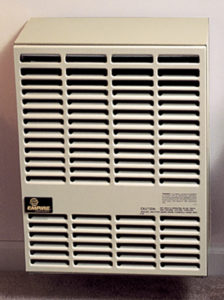
Floor Furnaces
Many homes in San Diego still have original floor furnaces installed. While many customers have updated this heating system to ductless or central heating, there are still floor furnaces in operation. If you have a working floor furnace in your home, consider having it inspected to ensure it is working correctly. Floor furnaces should be cleaned and vacuumed regularly to eliminate possible fire hazards like lint and debris. Homeowners should take caution when placing furniture near floor furnaces as well, and never set a rug or object directly over the floor grate.
Wall Furnaces
Wall furnaces should be cleaned and maintained on a regular basis. Homeowners can clean the burner elements monthly and hire a licensed plumber to perform an annual check on the wall furnace for safety. Plumbers will look for cracks, old or corroded lines, and proper venting.
Forced Air Furnaces
Homeowners should hire professional heating & air conditioning specialists to perform annual tune-ups and maintenance checks on all forced air systems before the heating season and high use. During the tune-up, HVAC specialists will clean the unit to avoid debris and dust buildup, ensure the unit is operating safely, and that all venting is installed and properly sealed. They will also check for any cracks in the heating system or possible issues that may indicate a current or future leak.
Homeowners can help to keep the airflow moving and unit working at its optimal level by changing the filters monthly, especially if they have pets or live near major roadways.
A forced air unit also has a safety panel that should be secure when the furnace is in use. Most newer furnaces have a safety feature that will not allow the furnace to run if the door panel is not closed properly. If the door is not securely in place, there is the danger of carbon monoxide build-up, especially if the unit is in a closet or small space. Carbon Monoxide could also circulate through the homes air system.
Homeowners should avoid placing furniture or large items near the heating units or in front of intake registers or vents.
Some additional visual signs of possible leaks can help homeowners be aware and prevent hazards.
Crisp Blue Flames
The flames from stove burners and gas-powered pilot lights should be a bright and crisp blue. If the flame is yellow or orange, it could indicate a leak or another potentially dangerous issue.
Pilot Lights
If homeowners experience constant problems with the pilot light on anyone appliance or multiple gas appliances, they should have a licensed plumber perform an inspection immediately. Often, when there is a leak, or the appliance is compromised, the pilot light will not stay lit.
Homeowners can also be on the lookout for excessive soot or flame/scorch marks on or near any natural gas appliance. This could indicate a fluctuation in the gas stream and a possible hazard for natural gas and carbon monoxide leaks.
Understanding the signs of a gas leak and potential dangers can help homeowners identify problems before they pose significant safety hazards to their family. Gas leak education and gas appliance safety goes a long way in protecting homeowners.
If homeowners do smell gas or notice any unexplained signs such as fatigue, dizziness, blurred vision, or nausea, they should take immediate safety measures and leave the home as it is possible a gas leak or carbon monoxide leak is present.
Once safely away, homeowners can contact their local utility company, fire department, and plumber to help begin the leak repair process.
Homeowners should also be aware of where their main gas shut off is located and how to safely turn it off in an emergency or earthquake.
If you believe you have a gas leak or would like to schedule a safety inspection of your plumbing or heating & air conditioning system, call the experts at Bill Howe today. Call 1-800 BILL HOWE (245-5469) and our customer service representatives will assist you in all of your plumbing needs.
